
Purchasing specialist job description: Make the right hire
Learn the top responsibilities of a purchasing specialist, and how to hire well.

Are inefficiencies in your procurement process driving up costs and causing delays in receiving essential supplies?
If so, it might be time to consider hiring a purchasing specialist to drive your operations and ensure compliance with procurement policies. In this article, we'll explore the role of a purchasing specialist, how it differs from a purchasing manager, and what you should include in a purchasing specialist job description to attract the best candidates.
What is a purchasing specialist?
A purchasing specialist is an important role within a procurement team, responsible for ensuring that an organization acquires goods and services efficiently and at the best prices. The primary goals of a purchasing specialist are to optimize procurement processes, manage supplier relationships, and achieve tangible cost savings.
Responsibilities of a purchasing specialist
A purchasing specialist is one of the most important early hires a company can make to help optimize and operationalize the procurement process at a company. The job has several functions, but the core list of responsibilities are:
- Reviewing and processing purchase orders
- Sourcing and evaluating new suppliers
- Negotiating purchase terms and agreements
- Managing supplier performance and ensuring compliance with purchase terms
- Collaborating with internal departments to understand procurement needs
- Verifying and reconciling discrepancies in purchase orders and requisitions
Purchasing specialist vs. Purchasing manager
While both roles are integral to the procurement process, they differ in scope and responsibilities. A purchasing specialist typically focuses on operational tasks such as processing purchase orders and managing supplier relationships. In contrast, a purchasing manager has a broader strategic role, overseeing the entire procurement function and developing long-term procurement strategies.
Where each role fits within an organizational structure
- Purchasing specialist: Operates within the procurement team, reporting to the purchasing manager or procurement director.
- Purchasing manager: Leads the procurement team and reports to senior management, such as the CFO or COO.
What to include in a purchasing specialist job description
In order to create an effective purchasing specialist job description, you’ll need to list the responsibilities, qualifications, and skills required for the role in detail. Below are the essential elements you’ll want to include in a job description template, but be sure to go into more detail based on your organization’s unique needs.
Job Title
- Purchasing specialist
Main Responsibilities
- Daily activities such as processing purchase orders and requisitions.
- Strategic responsibilities such as vendor management and cost-saving initiatives.
Qualifications
- A bachelor’s degree in business administration, supply chain management, or a related field.
- Professional work experience, specifying the preferred number of years of experience.
- Familiarity with tools and software such as Microsoft Office and Excel, or ideally specialized procurement tools like Zip.
Skills
- Strong negotiation skills and communication skills.
- Excellent problem-solving skills and interpersonal skills.
- Ability to verify and reconcile discrepancies in procurement documents.
Work Environment
- A personalized description of your organization’s work environment and any distinct specialist duties, unique aspects of the role, or other cultural differentiators.
Main responsibilities of a purchasing specialist
A purchasing specialist's daily activities revolve around ensuring that procurement processes run smoothly and efficiently. Here are some of the primary tasks they’ll likely handle:
Daily activities and duties
- Reviewing and processing purchase orders and requisitions.
- Sourcing and evaluating new suppliers to ensure the best prices and quality.
- Verifying and reconciling discrepancies in purchase orders and invoices.
Strategic responsibilities
Beyond daily tasks, purchasing specialists play a strategic role in the organization. Their responsibilities will include:
- Vendor Management: Developing and maintaining strong working relationships with suppliers to ensure optimal supplier performance.
- Contract Negotiation: Negotiating purchase terms and agreements to secure the best prices and conditions.
- Cost-Saving Opportunities: Identifying and implementing cost-saving initiatives to enhance profitability.
Qualifications for a purchasing specialist job
The job can be complex, therefore it’s important that your first purchasing specialist hire has the necessary experience to effectively improve procurement efficiency and drive impact. Here’s what to look out for in their work experience and background:
Educational background
- A bachelor's degree in business administration, supply chain management, or a related field is typically required.
- An associate's degree or high school diploma may be acceptable with significant related experience.
Professional experience
- Candidates should have several years of experience in procurement or a related field.
- Experience in managing purchase orders, supplier relationships, and procurement processes.
Procurement tools and software
- Proficiency in Microsoft Excel is important, especially if your team isn’t yet operating with a high-performance procurement orchestration like Zip.
Note: Familiarity with procurement software tools and technologies can greatly enhance cross-functional efficiency and collaboration, necessary for modern procurement.
Top 3 skills to look for in a purchasing specialist
Much of the procurement specialist role will require more than just proficiency in software. Here are the top three skills to prioritize when looking for qualified and effective candidates.
Negotiation skills
Mature negotiation skills can help a procurement specialist secure the best prices and terms from vendors. Effective negotiation involves understanding the supplier's needs, finding common ground, and achieving favorable outcomes that benefit both parties. A purchasing specialist with strong negotiation skills can reduce costs and improve supplier relationships.
Analytical skills
Procurement is a data-driven art form, therefore a purchasing specialist needs to have robust analytic skills. A purchasing specialist needs to analyze market trends, supplier performance, and purchasing data to identify cost-saving opportunities and optimize procurement strategies. These skills also help in forecasting demand, managing inventory levels, and ensuring compliance with procurement policies.
Communication skills
Part of a purchasing specialist’s role is to collaborate effectively with internal departments and external suppliers. Clear and concise communication skills ensure that procurement’s needs are understood, and expectations are met. Additionally, good communication helps in building strong working relationships with suppliers, which is important for long-term success.
How Does a Purchasing Specialist Interact with Other Departments?
A purchasing specialist plays a central role in the procurement process, interacting with various departments to ensure seamless operations.
Interactions with finance
The purchasing specialist works closely with the finance department to manage budgets, track expenditures, and ensure that procurement activities align with the organization's financial goals. They also collaborate on financial reporting and compliance with purchasing policies.
Interactions with operations
In the operations department, the purchasing specialist ensures that the required materials and services are available to support production and other operational activities. They work together to forecast demand, manage inventory levels, and address any supply chain disruptions.
Interactions with logistics
The purchasing specialist coordinates with the logistics team to ensure timely delivery of goods and services. This involves managing shipping schedules, tracking orders, and resolving any delivery issues that may arise.
Contribution to broader strategic initiatives
By working across departments, the purchasing specialist contributes to broader strategic initiatives such as cost reduction, process improvement, and supplier performance management. Their role is pivotal in implementing procurement strategies that enhance the organization's overall efficiency and profitability.
Future trends in procurement and the pole of a purchasing specialist
As technology continues to evolve, several trends are poised to transform procurement, impacting the role of purchasing specialists.
Upcoming technologies
- Artificial Intelligence (AI): AI-driven tools will enhance decision-making by providing insights into spending patterns, supplier performance, and market trends.
- Robotic Process Automation (RPA): RPA will automate repetitive tasks, allowing purchasing specialists to focus on strategic activities.
- Internet of Things (IoT): IoT devices provide real-time data on inventory levels and supply chain status, improving efficiency and responsiveness.
Evolving role of purchasing specialists
The role of purchasing specialists will evolve to encompass more strategic responsibilities, including leveraging advanced technologies to optimize procurement processes. They will increasingly focus on data analytics, supplier collaboration, and sustainability initiatives. As procurement becomes more digitized, purchasing specialists will need to develop new skills and adapt to emerging technologies to remain effective.
Elevate purchasing processes with Zip
To stay ahead of these trends and ensure that your procurement function is optimized, consider leveraging the incredible features offered by Zip. Here are some key features that can define and improve the purchasing specialist role:
- Intake Management: A single point of entry for Intake starts the procurement request process, ensuring that purchasing specialists get everything they need right from the start.
- Workflow Engine: AI-powered automated approval workflows accelerate collaboration and procurement cycles.
- Vendor Management: Robust vendor management tools help manage relationships and compliance, a requirement for a purchasing specialist to do their best work.
- Spend Insights: Zip offers extensive analytics on spending patterns, enabling specialists to optimize purchasing strategies and drive value.
- Zip AI: Enhances decision-making through AI-driven insights, supporting specialists in identifying cost-saving opportunities and managing procurement risks.
These features not only streamline procurement processes but also provide clear benchmarks and tools that define and enhance the purchasing specialist role.
To learn more about how Zip can transform your procurement function, request a demo today.

Maximize the ROI of your business spend

Enter your business email to keep reading


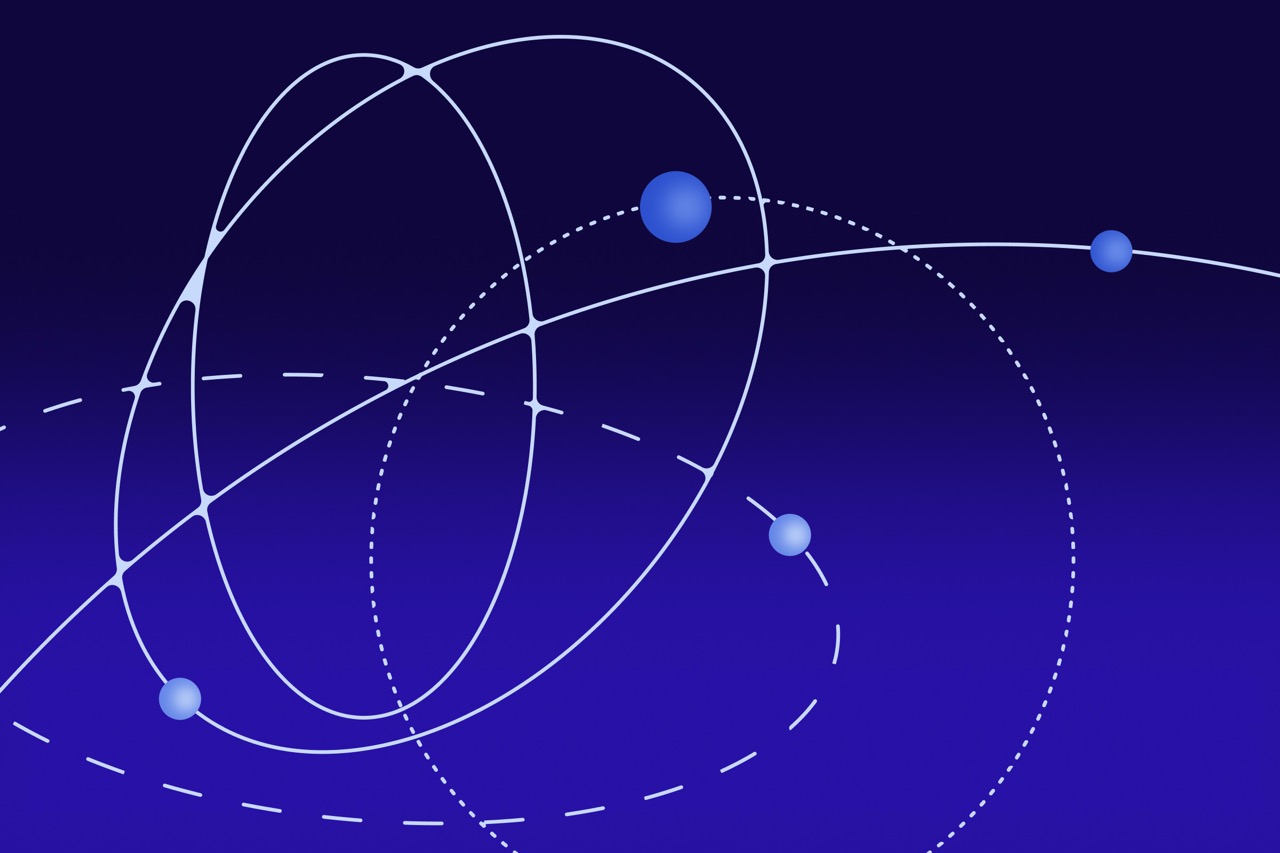


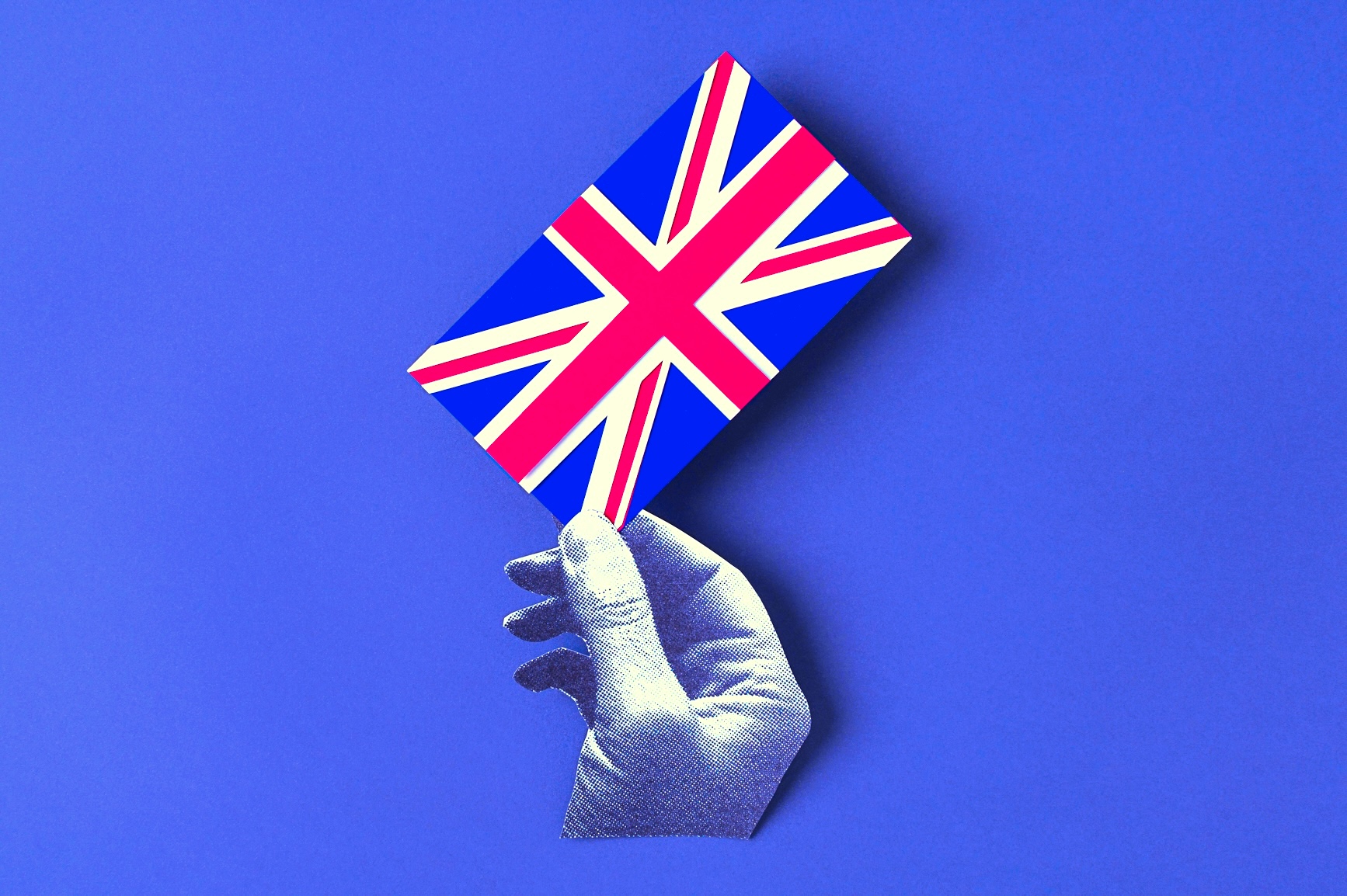


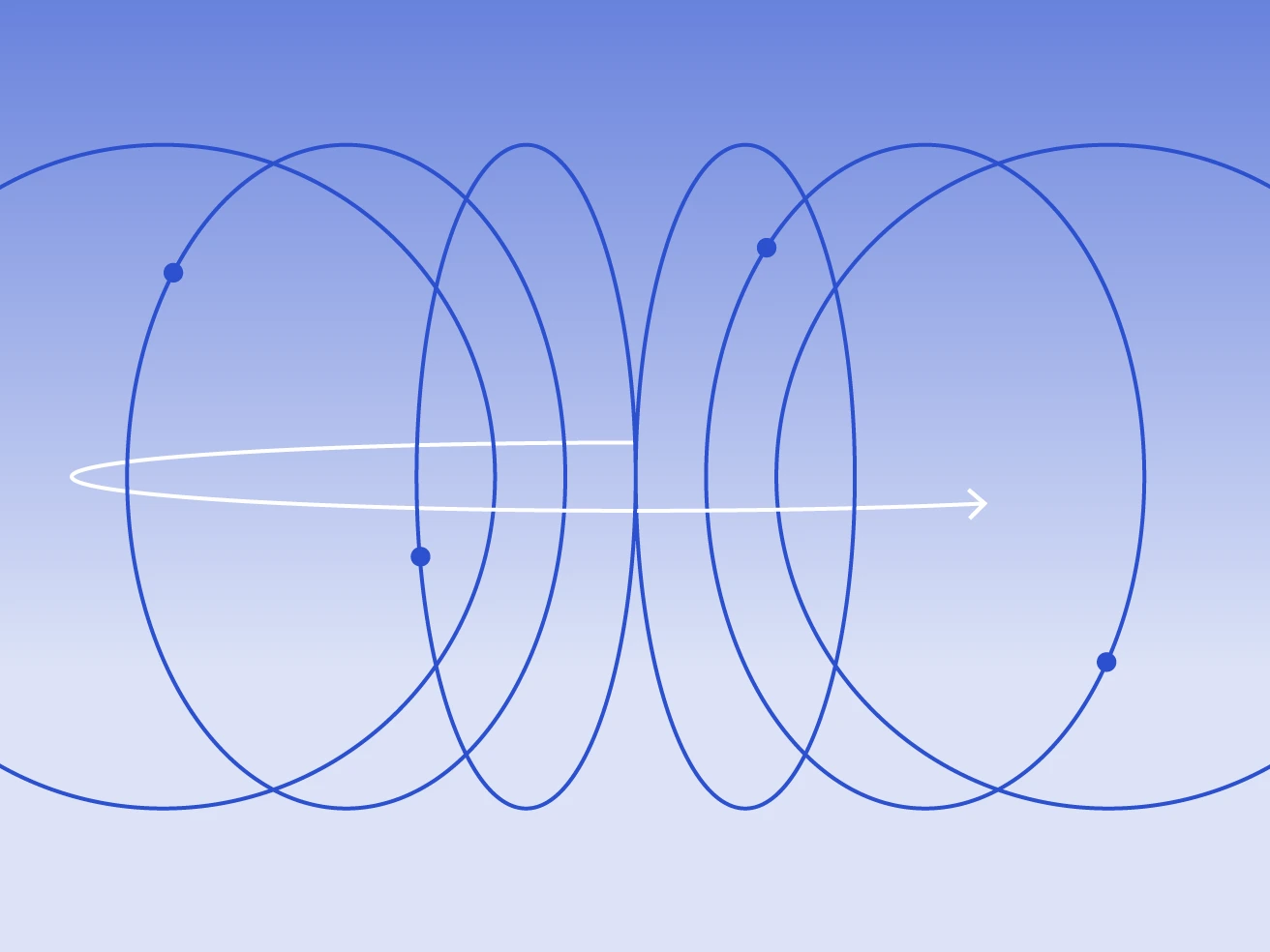

















.webp)











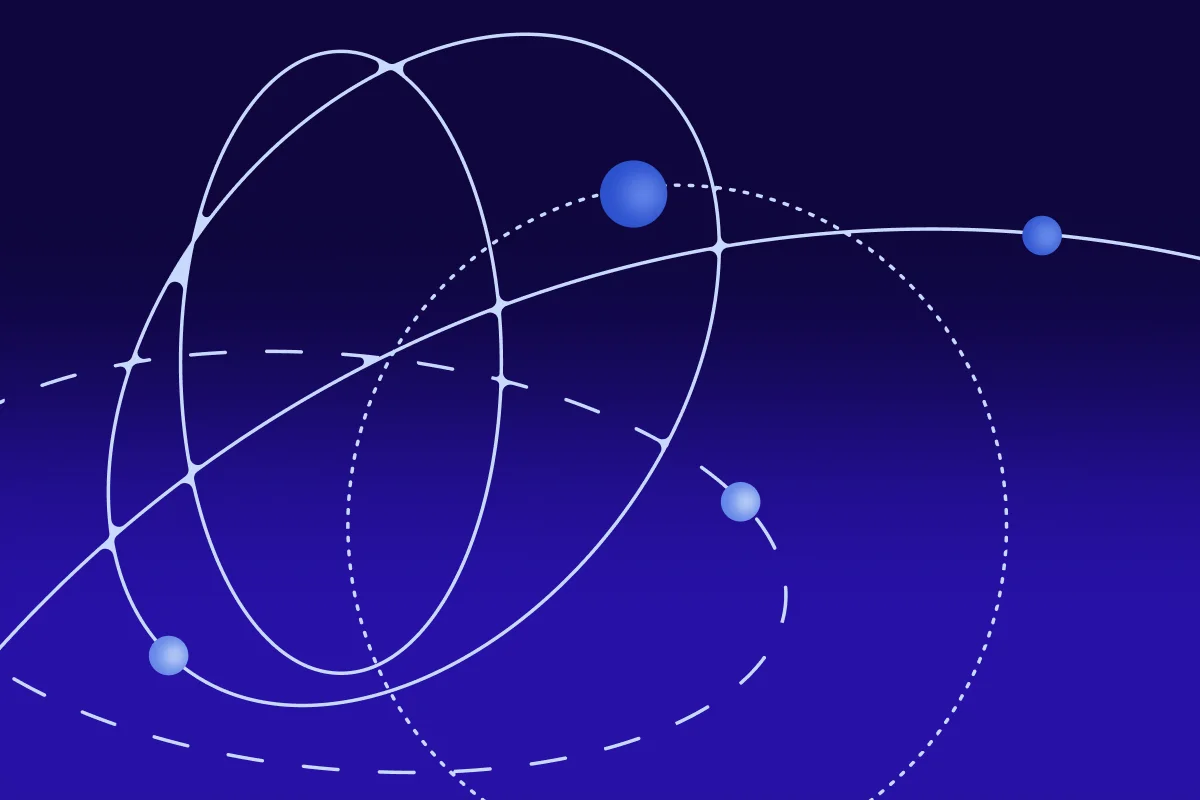







.avif)









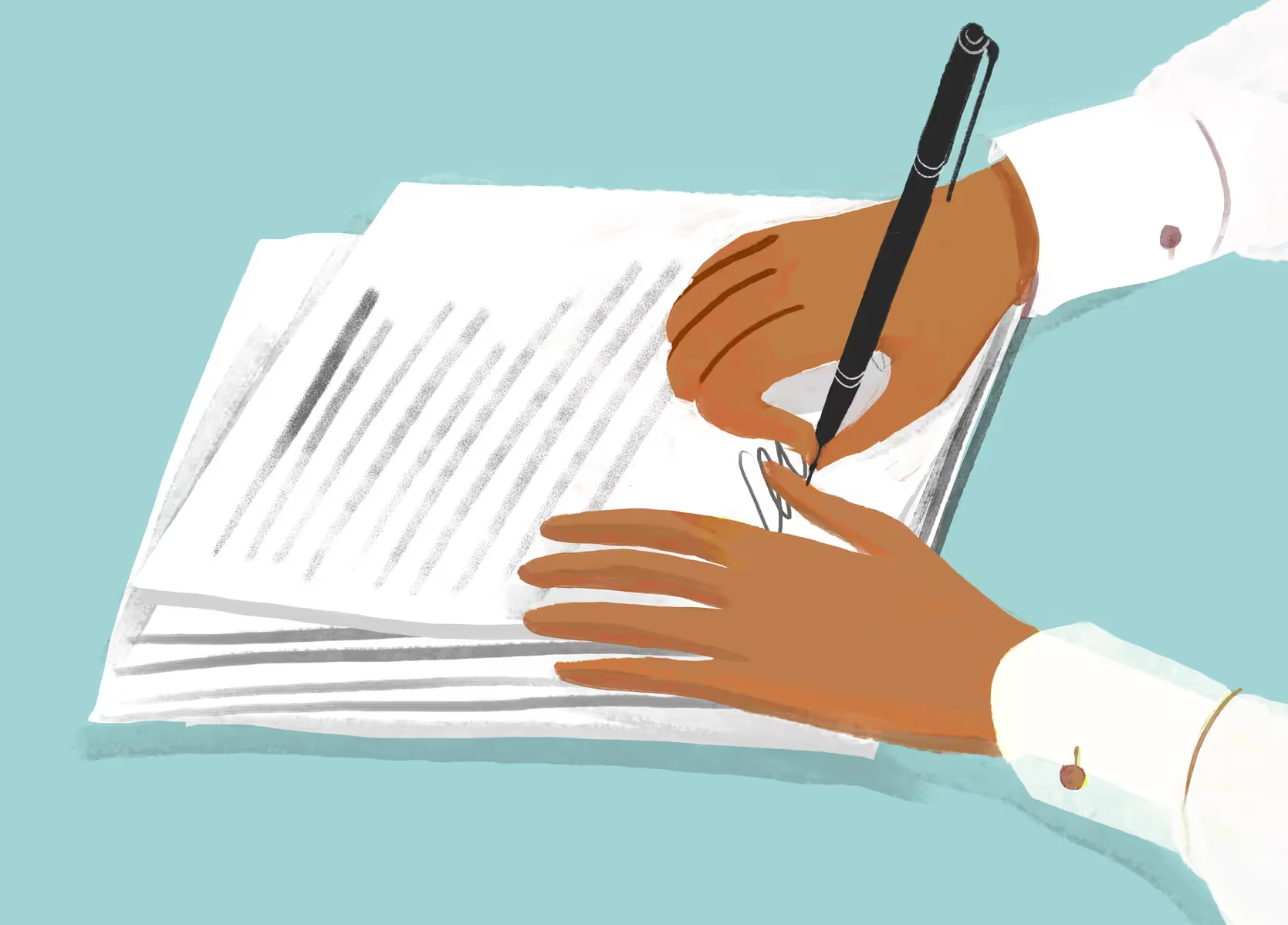


.avif)










.webp)





.avif)












.avif)
